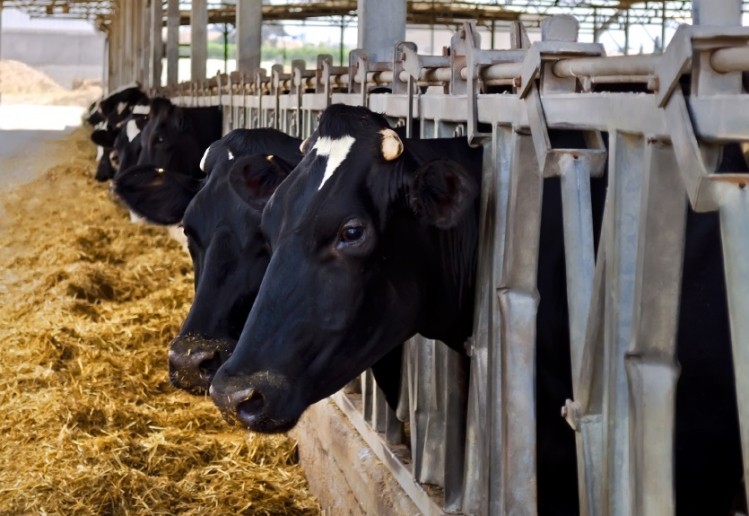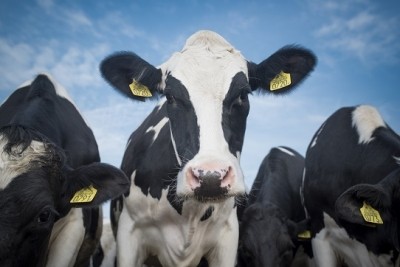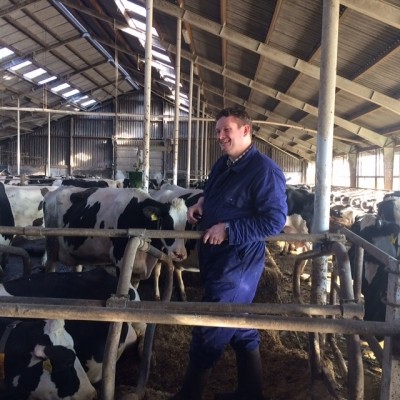Cargill looking to generate data on animal production in Turkey, Middle East and Africa

The Minnesota-based company has invested $2m into a Technology Application Center (TAC) in Yakapmar, Izmir Turkey. The initial piece of the project will look at turning a working family farm into a dairy research and presentation center, said Guillaume Smeets, Middle East, Turkey and Africa regional director for Cargill’s animal nutrition business.
The project came about after Cargill’s spring purchase of a majority stake in Ekol Gida, a premix and feed additives company also based in Turkey, he told Feed Navigator. That company already had a strong presence in the market, and the new TAC will focus on dairy and poultry producers.
“Cargill is not just a company that wants to sell products, we want to sell technology and help our customers feed the growing population,” he said. “We needed to invest in a center where we can apply global technology and that’s where this TAC is positioned, between global R&D and the local market.”
Research focus
In order to help livestock farmers make better feed and animal management decisions and improve production technology, the company needs to have a more complete understanding of regional stresses, climate and feed ingredients, said Smeets.
“We want to generate data, and that’s one of the problems in this part of the world is to get proper data,” he said. “We need to generate the data and have a place where we can bring our customers along and show them how we collect the data.”
In the ruminant research, Cargill will be working with a dairy farm managing about 150 lactating cows, he said. But the plan includes improving some features of the facility and bringing in necessary equipment.
Some of the challenges to production that the company will be studying include ways to mitigate heat stress, he said.
“Nutrition is an important one, and we see challenges with farm management and animal health,” said Smeets. “We need to figure out how to get that hand in hand – we have knowledge around animal health and farm management.”
A later piece of the project will include work with poultry production, he said. However, those experiments and development projects will be delayed until the research facility needed has been constructed.
When completed, the facility should house about 2,000 broilers and 2,000 layers, the company reported. Research projects are set to include gut health additives and evaluation of methods to improve production efficiency.
In poultry, the company is also seeking to act as an advisor, said Smeets. “There is so much on the market, but it is difficult for customers to make decision on what works,” he added.
Market pressures
The company has been focusing on expanding both its presence and understanding of the region including the Middle East and Africa because of the potential market, said Smeets.
“It is a main growth market,” he said. “The countries are still depending on a lot of imports of chicken meat and dairy products.”
As GDP increases in the region, diets are starting to move away from a basis in plant protein to animal protein, he said.








